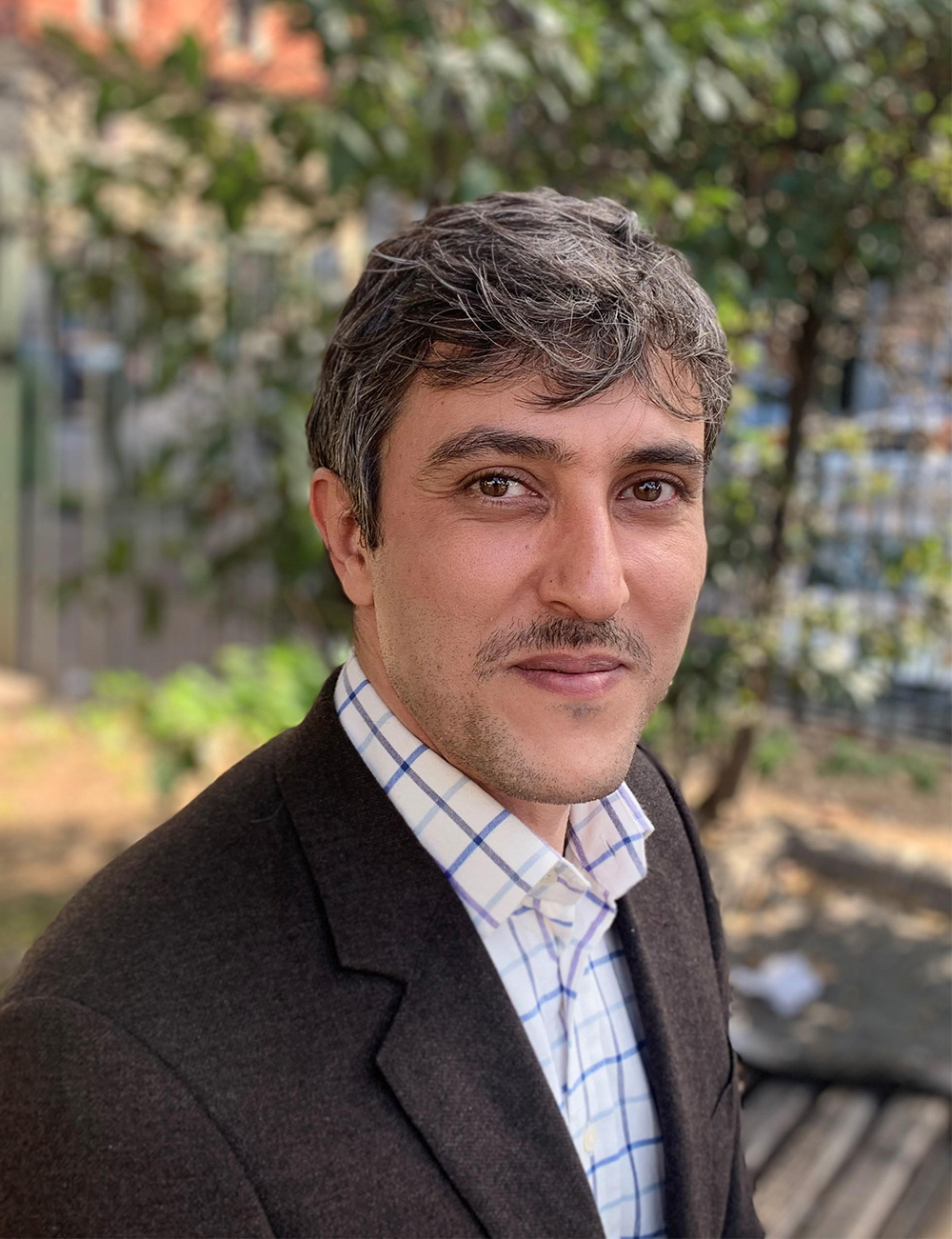Kheder Khaddour, Armenak Tokmajyan
Experts
Armenak Tokmajyan

Nonresident Scholar Malcolm H. Kerr Carnegie Middle East Center
About
Armenak Tokmajyan is a nonresident scholar at the Malcolm H. Kerr Carnegie Middle East Center in Beirut. His research focuses on borders and conflict, Syrian refugees, and state-society relations in Syria.
Before joining Carnegie, Tokmajyan was a research fellow at International Crisis Group, focusing mainly on Syrian refugees in Lebanon, and patterns of displacement inside Syria. Before that, he was a research fellow at Budapest’s Central European University, focusing on conflict dynamics in Aleppo. He holds a master’s degree in peace, mediation and conflict research from University of Tampere, Finland.
Tokmajyan’s most recent work include How the Small Town of Sarmada Became Syria’s Gateway to the World (Carnegie Middle East Center, June 2021), Thwarting Jordan’s Bahhara Trade With Syria Risks Social Unrest in Ramtha (Carnegie Middle East Center, April 2021). His previous research include Easing Syrian Refugees’ Plight in Lebanon (International Crisis Group, 2020), Politics of Rural Notables a book chapter in an edited book entitled Local Intermediaries in post-2011 Syria: Transformation and Continuity (Friedrich-Ebert-Stiftung, Beirut, June 2019), War Economy in Northern Syria (Shattuck Center for Conflict, Negotiation and Recovery, November 2016), Militarization of the Syrian revolution: Was this the wrong choice? (Journal of Aggression, Conflict and Peace Research 7(2), April 2015), Hezbollah’s Intervention in Syria: Religious Obligation or Political Choice? (Journal of Approaching Religion Vol. 4 (2), December 2014).
Areas of Expertise
Languages
Arabic, English, Armenian
